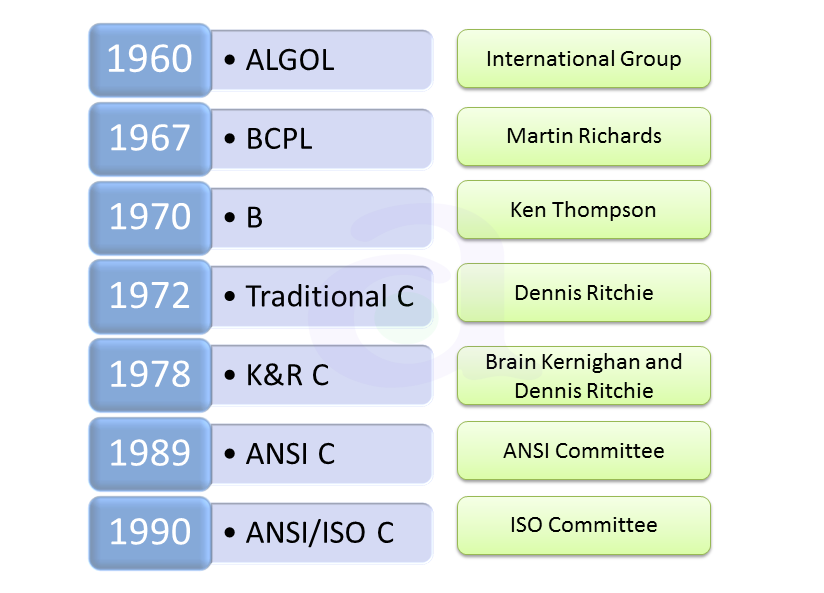Answer:
Declaration of a variable/function simply declares that the variable/function exists somewhere in the program but the memory is not allocated for them. But the declaration of a variable/function serves an important role. And that is the type of the variable/function. Therefore, when a variable is declared, the program knows the data type of that variable. In case of function declaration, the program knows what are the arguments to that functions, their data types, the order of arguments and the return type of the function. So that’s all about declaration. Coming to the definition, when we define a variable/function, apart from the role of declaration, it also allocates memory for that variable/function. Therefore, we can think of definition as a super set of declaration. (or declaration as a subset of definition). From this explanation, it should be obvious that a variable/function can be declared any number of times but it can be defined only once. (Remember the basic principle that you can’t have two locations of the same variable/function).
// This is only declaration. y is not allocated memory by this statement
extern int y;
// This is both declaration and definition, memory to x is allocated by this statement.
int x;
